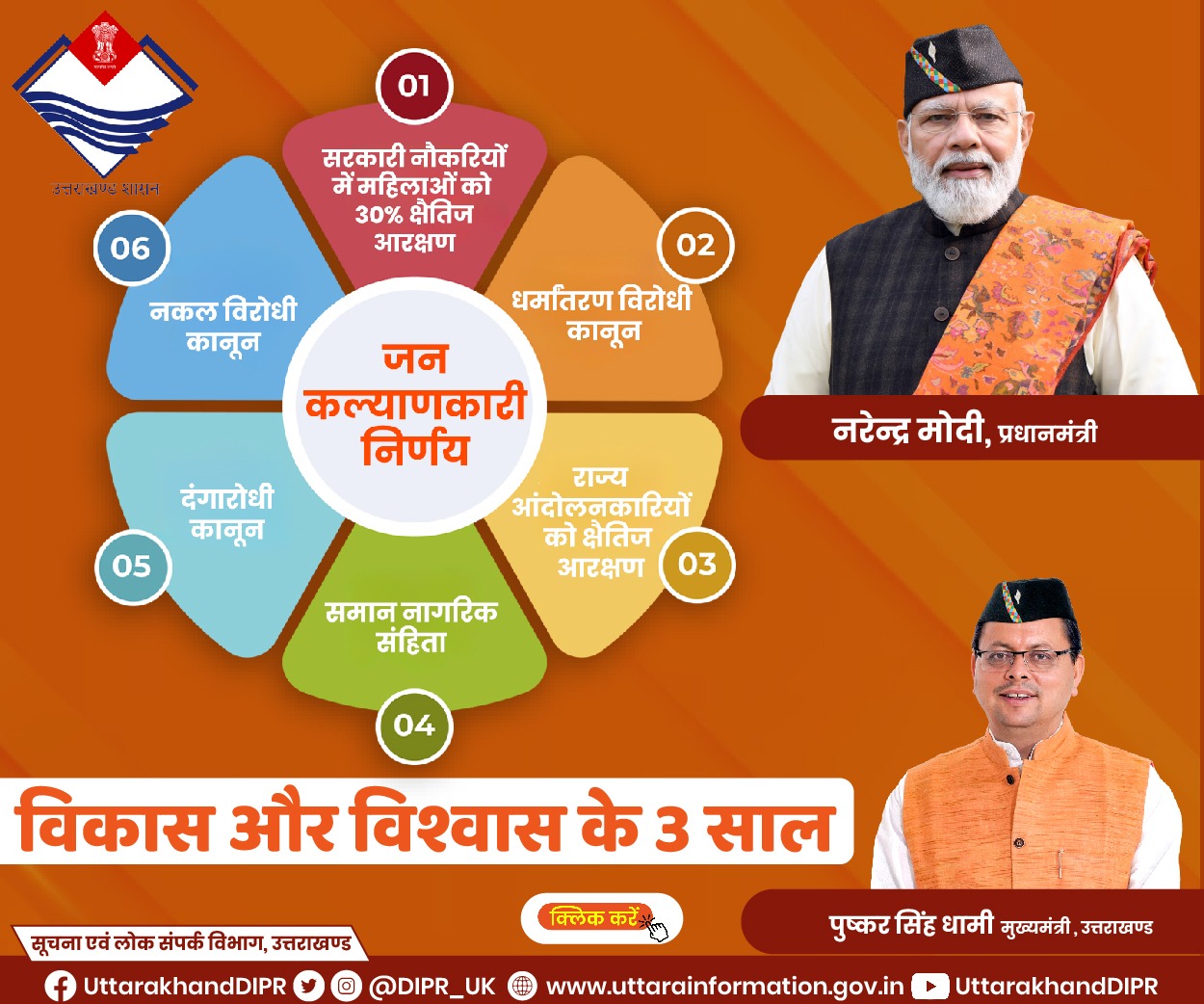Coca-Cola, Danone, and Nestlé, three of the world’s largest food and beverage companies, have been accused of greenwashing in a landmark case brought by consumer groups. The complaint, filed with the European Commission, alleges that the companies are making misleading claims about the recyclability of their plastic bottles.
What is Greenwashing?
Greenwashing is a marketing practice in which companies make false or misleading claims about their environmental record. This can be done in a variety of ways, such as using vague or unsubstantiated language, or making claims that are not supported by evidence.
The Allegations Against Coca-Cola, Danone, and Nestlé
The complaint against Coca-Cola, Danone, and Nestlé alleges that the companies are making misleading claims about the recyclability of their plastic bottles. Specifically, the complaint alleges that the companies are:
- Using the term “recyclable” to describe bottles that are not actually recyclable in many jurisdictions.
- Using the term “100% recyclable” to describe bottles that contain non-recyclable materials, such as caps and labels.
- Using vague and unsubstantiated language to suggest that their plastic bottles are better for the environment than other packaging materials.
The Impact of Greenwashing
Greenwashing can have a number of negative impacts, including:
- Misleading consumers about the environmental impact of products and services.
- Undermining the credibility of companies that are truly making efforts to be sustainable.
- Slowing down the transition to a more sustainable economy.
The Landmark Case Against Coca-Cola, Danone, and Nestlé
The case against Coca-Cola, Danone, and Nestlé is significant because it is one of the first major cases of greenwashing to be brought against multinational corporations. The outcome of the case could have a far-reaching impact on the way that companies market their products and services.
What Can Consumers Do?
Consumers can play a role in combating greenwashing by being more critical of the environmental claims that companies make. Consumers can also support companies that are transparent about their environmental impact and that are taking steps to reduce their environmental footprint.
Additional Information
In addition to the information provided above, here are some additional details about the case against Coca-Cola, Danone, and Nestlé:
- The complaint was filed by the European Consumer Organisation (BEUC), backed by the environmental groups Client Earth and Environmental Coalition on Standards (ECOS).
- The complaint alleges that the companies’ greenwashing claims violate the Unfair Commercial Practices Directive, which prohibits companies from making misleading claims to consumers.
- If the European Commission finds that the companies have violated the Unfair Commercial Practices Directive, it could order them to stop making the misleading claims and could also impose fines.
- The case is still ongoing, but it is expected to have a significant impact on the way that companies market their products and services in the European Union.
Implications for Businesses
The case against Coca-Cola, Danone, and Nestlé is a reminder that businesses need to be careful about the environmental claims that they make. Businesses should make sure that their environmental claims are accurate and substantiated, and they should avoid using vague or misleading language. Businesses should also be transparent about their environmental impact and the steps that they are taking to reduce their environmental footprint.



